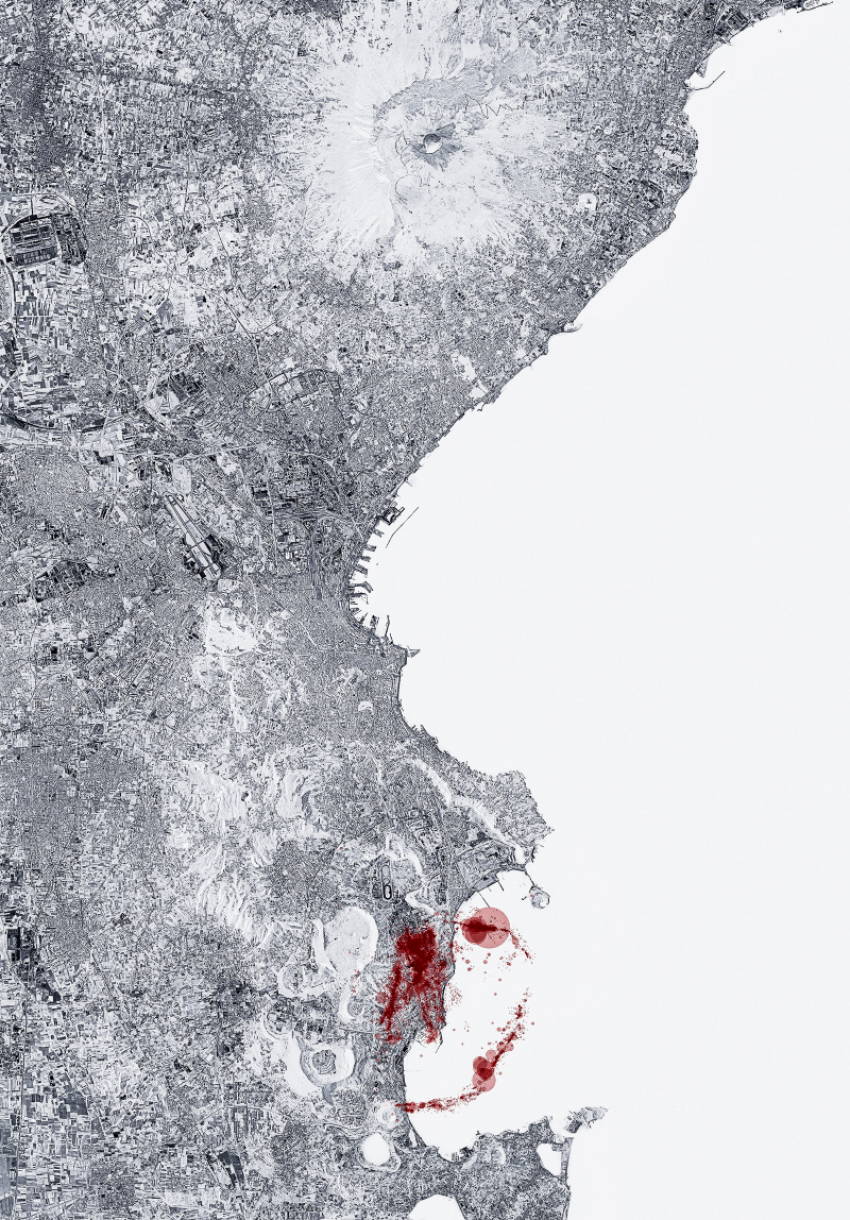Click Here to get your Fellow Ticket
Click Here to get your Non-Fellow Ticket
Our Specialist Discussion centres upon the transformative potential of recent machine learning advances during the most critical moments when earthquakes, tsunamis, and volcanic eruptions threaten livelihoods, the natural environment, and human lives. These catastrophic events demand immediate, high-resolution data products that traditionally required days to months for generation. Advanced ML algorithms combined with cloud computing infrastructure present extraordinary opportunities to revolutionise scientific emergency response capabilities. The above may have transformative power on scientific response in the near future touching upon a range of topics: from the rapid deployment of optimised monitoring networks, the generation of descriptive datasets that clarify the evolving earthquake and volcanic activity in extraordinary detail, and the development of hybrid forecast models that leverage ML to predict aftershock sequences, volcanic eruption patterns, and tsunami propagation with unprecedented accuracy among others.
Distinguished invited speakers from leading US and EU universities and research institutes will present cutting-edge developments in ML-driven solid earth science. These presentations, combined with showcase studies from early career scientists, will illuminate transformative examples demonstrating real-world impact. Our comprehensive round table discussion will engage senior researchers, emerging scientists from solid earth and data science communities, alongside decision-makers and disaster mitigation specialists to address both scientific advancement opportunities and the challenges that lie ahead for ML-based disaster response systems.
Programme:
10:00-10:30 Coffee
Morning Session Science Talks (10:30-13:00) - every slot involves a 20 min talk, plus questions
1. Earthquakes
10:30-10:55 Prof. Beroza, G. (Stanford University), Towards Reliable Machine Learning for Earthquake Monitoring
10:55-11:20 Dr. Scotto Di Uccio, F., From background seismicity to seismic crises: What can we learn from Machine Learning-Enhanced Catalogs? (University of Napoli)
2. Volcanoes
11:20-11:45 Dr. Prejean, S., Key challenges in Eruption Forecasting, (Volcano Assistance Disaster Program, US Geological Survey)
11:45-12:10 Dr. Zali, Z., Machine Learning for Transients in Solid Earth: Across Active Faults and Volcanoes, (GFZ Helmholtz-Zentrum fur Geoforschung)
3. Tsunamis
12:10-12:35 Dr Lorito, S., Machine Learning for tsunami forecasting. An overview. (Instituto Nationale di Geofisica e Vulcanologia-Roma)
12:35-13:00 Dr Ramalingam, N., Making probabilistic tsunami hazard assessment "fast" with ML, (Norwegian Geotechnical Institute)
13:00-14:00 Lunch Break
Afternoon Session (14:00-15:30)
Round Table around the topic, the value of reliable scientific information for emergency response in natural disasters
14:00-14:15 Problem Statement by Prof. Synolakis
14:15-15:15 Round table with scientists, relevant stakeholders, emergency responders
15:15-15:30 Closing remarks
15:30-16:00 Coffee break


